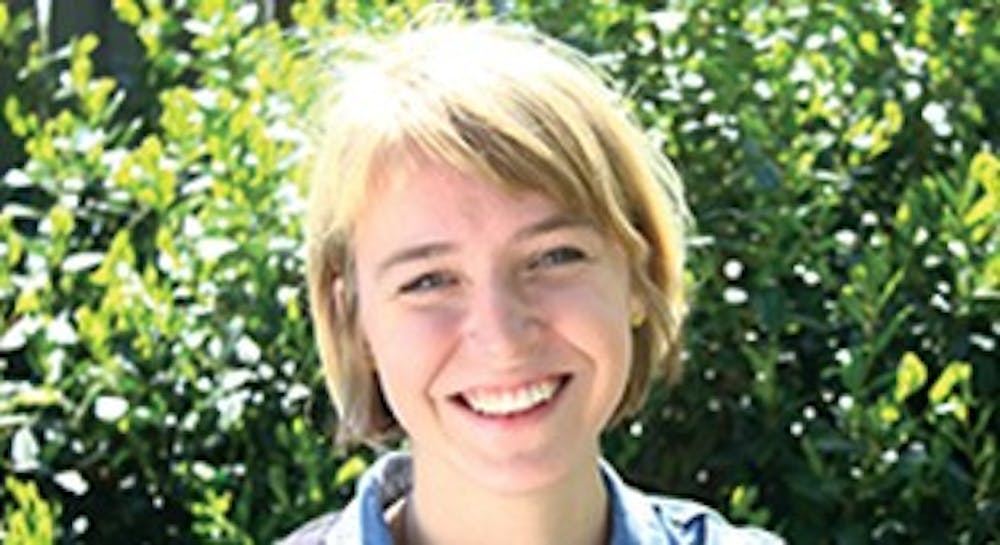I have never considered myself Southern. Yes, I was born and raised outside of Charlotte, but my identity has always felt more tied to denying my roots than embracing them. I drink my tea unsweet. The only country musicians I’ll admit to liking are Hank Williams and Johnny Cash. When I chose to attend UNC, I delighted in how it felt more like a northern university. I realized how wrong that assumption was when I got here. UNC students are Southern and proud.
This semester I took Southern Women Writers with professor Minrose Gwin, my first foray into the Southern studies department. In this class, I met Flannery O’Connor. We read Alice Walker’s amazing essays. We explored the 2016 Frank B. Hanes Writer in Residence Natasha Trethewey’s groundbreaking poetry. Jill McCorkle, local Triangle writer, and her short stories made me feel like I was listening to my friends talk. All of these Southern women writers have clear, strong voices that ring from Durham to Appalachia and all the way down to the deepest corners of Alabama. These women are sure of where they are from; they are proud of it, but they are also always questioning it. Where do I fit among them?
The writers we have read in class are grappling with their place in their hometowns and in society as a whole. There’s a common thread in literature that women have to fight to find their place. These Southern women often try to find a hole big enough to fit them in, but they find they are bigger and cannot be contained. It’s no secret that at moments I have felt this way, especially at UNC. I feel placeless, not just in regards to my Southern roots, but also sometimes among the crowds of people here who are so sure they belong.
Perhaps being at UNC, and in professor Gwin’s class, is what I needed to try to confirm the identity that I have been denying for so long: a Southern woman writer. This semester has challenged me to accept where I’m from and let it guide me, both in my personal views of myself and in my writing. All of my life I have been moving toward leaving the South and trying to erase it as much as I can from my narrative. But like so many of my peers, it is not just a part of my narrative, it’s also part of a greater dialogue, one we have the power to shape.
Just as my foremothers in Southern creative writing did, perhaps it is time to accept that I should pick up a pen in this story. It is impossible to excuse the South’s history of terrible transgressions. However, as a woman and as a writer, I’ve started to understand how crucial it is to challenge the things that I don’t like about my place and embrace what makes the South so distinctly its own and, furthermore, my own.
I’m starting to believe that I can claim my place here in the land of the longleaf pines. As O’Connor, Trethewey, Eudora Welty and so many others did before me, I will claim this land as my own with a pen and notebook in my hand and, maybe, a sweet tea in the other.



